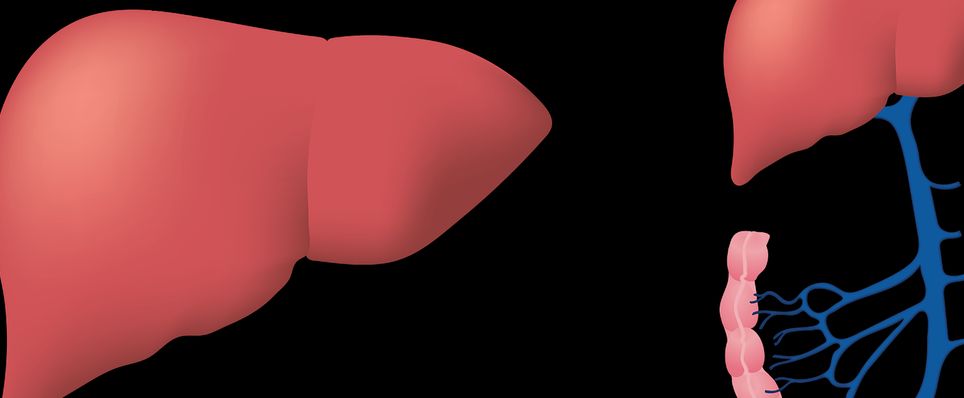Effect of sugar on liver

Effect of sugar on liver
Effect of sugar on liver
Everyone is aware that consuming too much sugar is not good. Consuming excess sugar is not good for our overall health. It has a negative effect on the body organs. The effect becomes worse when it affects the vital organs. Too much sugar can affect all the vital organs, but a lot of attention is being put to the effect sugar has on the heart and the kidneys. Excessive sugar has a negative effect on the liver as well, so less attention is paid to the effect it has on the liver. Consuming excess sugar can badly harm your liver. The only organ that can process sugar in the body is the liver. Hence, consuming excess sugar puts pressure on your liver just as alcohol consumption does to the liver. So don’t think that you are not drinking alcohol in excess, so you aren’t causing any damage to your liver. Consuming excess sugar also damages your liver. Excess sugar damages your liver cells. Learning about the effect of sugar on liver will keep you alert and guide you on your sugar consumption.
According to the American Heart Association, most women are to consume no more than 6 teaspoons of sugar per day and most men are to consume no more than 9 tablespoons of sugar per day. These figures are for non-diabetic people. If you are diabetic, make sure you talk to your dietitian before consuming sugar.
The liver is one of the major organs in your body. The liver performs many important functions. The liver is the largest internal organ, and it’s located in the right upper quadrant of the abdomen just beneath the rib cage. The liver contains millions of cells which enable it to perform its functions. Due to it numerous cells, a damage to the liver do not manifest on time. Before you begin to have any signs or symptoms of liver damage, it means most of the cells have been damaged. Also, the liver has no nerve endings, so you do not feel pain in your liver to alert you to take a step. That is why you need to take good care of it to avoid causing damage to your liver.
Some functions of the liver in the body are
1. Removing waste products from the body
2. Processing excess sugar in the body into fat
3. Detoxifying alcohol and fat
4. Storing minerals and vitamins
5. Regulating the body’s glucose levels
6. Producing and excreting bile
7. Removing poisonous substances from the body
8. Aiding in digestion.
9. The liver also burns excess fat and cholesterol.
The liver has so many functions in the body. Each person has just one liver . Hence, getting a liver transplant is very difficult and expensive. The best you can do is to take good care of it.
See also: Signs that you are eating too much sugar
Effect of sugar on liver
As said earlier, the only organ in the body that processes sugar is the liver. After you eat, the body converts the carbohydrate or sugar into glucose. The body uses some of the glucose as its source of energy immediately and stores the rest as fat in the liver. So, when you consume sugar in excess, the glucose in your body also increases and after your body uses some for energy, the rest will be converted into fat and will be stored in your liver. When the fat accumulates in the liver over time, the liver cells get replaced by fat. The more you consume sugar, the more your liver cells get replaced by fat, leading to non-alcoholic fatty liver disease. When the liver becomes fatty, it cannot perform its function as a healthy liver. Also, consuming excess liver triggers the body to release inflammatory chemicals. These inflammatory chemicals also damage the liver and other body organs. When the liver is unable to burn excess fat and cholesterol, it causes accumulation of fat in the body which increases your risk of developing heart disease, high blood pressure, obesity, diabetes and kidney disease.
A lot of sugar is added to processed foods but they do not taste sweet in the mouth. Make sure you read the labels of any processed food you buy to ensure the quantity of sugar in it is not too much for your body.
Minimize your sugar intake and take good care of your liver.
Post Disclaimer
The information contained in this post is for general information purposes only. The information is provided by Educative News and while we endeavour to keep the information up to date and correct, we make no representations or warranties of any kind, express or implied, about the completeness, accuracy, reliability, suitability or availability with respect to the website or the information, products, services, or related graphics contained on the post for any purpose.





